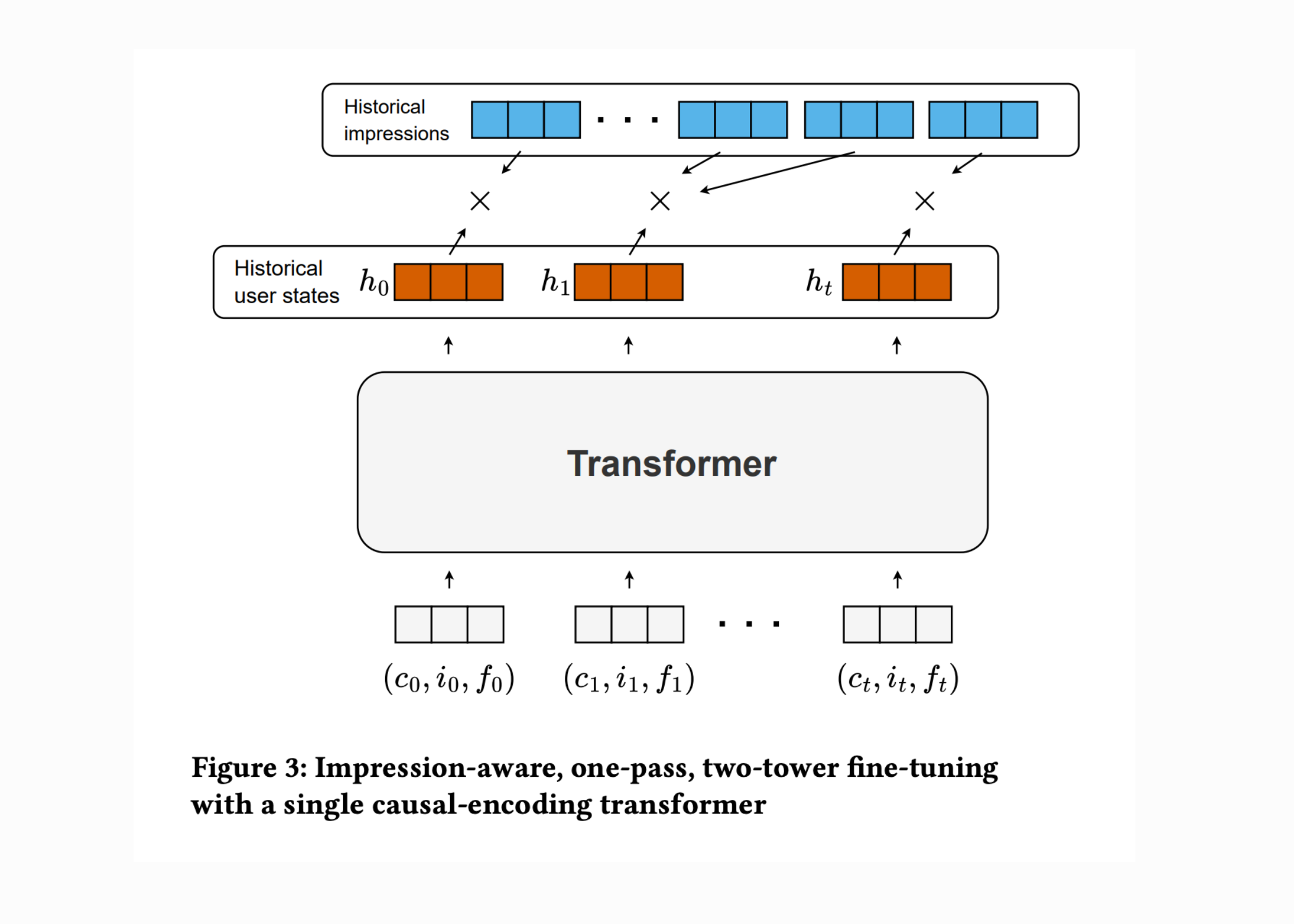Blog
Meet ARGUS: A Scalable AI Framework for Training Large Recommender Transformers to One Billion Parameters

Introduction to ARGUS
In the ever-evolving landscape of artificial intelligence, the need for efficient, scalable frameworks is becoming increasingly crucial. Enter ARGUS, an advanced AI framework specifically designed for training large recommender Transformers with the capacity to reach one billion parameters. This article delves into the innovative features, benefits, and applications of ARGUS, showcasing how it is transforming the realm of recommendation systems.
Understanding Recommender Systems
Recommender systems play a pivotal role in various industries, including e-commerce, streaming platforms, and social media. They analyze user behavior and preferences to provide personalized content and product suggestions. With the explosive growth of data, the complexity and size of these systems have surged, necessitating more powerful models to deliver relevant recommendations.
The Challenge of Scaling
Training large models, particularly those that utilize Transformer architectures, poses significant challenges. Traditional methods often struggle with issues such as computational inefficiency, long training times, and the need for extensive labeled data. Moreover, as models grow in size, so do the requirements for hardware and energy consumption. This is where ARGUS comes into play.
What is ARGUS?
ARGUS is a cutting-edge framework engineered to train large-scale recommender Transformers efficiently. It leverages innovative techniques to handle extensive datasets and optimize training processes, ensuring that organizations can deploy powerful recommendation systems without the operational burdens typically associated with large models.
Key Features of ARGUS
-
Scalability
- ARGUS is built to accommodate the training of models with up to one billion parameters. Its scalable architecture allows for seamless integration with high-performance computing resources, making it suitable for both small startups and large enterprises.
-
Efficiency
- Utilizing advanced optimization algorithms, ARGUS significantly reduces computational overhead. This efficiency translates to faster training times while maintaining model accuracy, allowing companies to quickly adapt to market changes.
-
Data Handling
- The framework boasts robust data handling capabilities, enabling the effective processing of extensive user datasets. ARGUS employs advanced techniques such as batch normalization and dropout to enhance model performance while mitigating overfitting.
- Modular Design
- The modular design of ARGUS allows developers to easily customize and extend its functionality. Whether a business requires specific feature enhancements or integration with existing systems, ARGUS can be tailored to meet diverse needs.
How ARGUS Transforms Recommendation Systems
ARGUS stands at the forefront of transforming recommendation systems with its unique features. Here are several ways the framework makes a difference:
Enhanced User Personalization
By employing sophisticated machine learning methods, ARGUS enables businesses to provide hyper-personalized recommendations. Users receive suggestions that align closely with their preferences, resulting in improved user engagement and satisfaction.
Real-time Processing
In an age where consumer preferences change rapidly, ARGUS ensures that recommendations are generated in real-time. This capability enhances the user experience, driving retention and conversion rates.
Cost Management
With optimized training processes, organizations can significantly reduce their operational costs associated with training large models. This cost efficiency makes advanced recommendation systems accessible even to smaller enterprises that previously might have found the investment prohibitive.
Implementing ARGUS: A Step-by-Step Guide
For organizations interested in adopting ARGUS, the deployment process is straightforward. Here’s a step-by-step guide:
Step 1: Define Objectives
Before implementation, organizations should clarify their objectives. Understanding what they hope to achieve—whether it’s enhanced personalization, improved engagement, or increased revenue—will guide the configuration of ARGUS.
Step 2: Set Up the Environment
ARGUS can be deployed in various environments, including cloud services and on-premises servers. Ensure that the necessary hardware and software prerequisites are met to maximize the framework’s performance.
Step 3: Data Preparation
Prepare and process the datasets that will be used for training. Clean, label, and structure the data to ensure that the model can learn effectively from it.
Step 4: Model Training
Leverage the powerful training capabilities of ARGUS to begin model training. Monitor performance metrics carefully and adjust parameters as needed to achieve the desired outcomes.
Step 5: Testing and Optimization
Once the model is trained, conduct extensive testing to validate its performance. Utilize A/B testing and other methodologies to optimize the recommendations generated by the model continuously.
Step 6: Deployment and Monitoring
After thorough testing, deploy the recommendation system into the production environment. Regularly monitor its performance and user engagement metrics to ensure that it continues to align with business goals.
Applications of ARGUS Across Industries
ARGUS is not restricted to a single sector; its versatility allows it to be applied across various industries:
E-Commerce
In e-commerce, ARGUS can analyze customer behavior to offer personalized product suggestions, enhancing customer experience and driving sales.
Media Streaming
For streaming services, ARGUS can tailor content recommendations to users’ viewing habits, increasing viewer retention and satisfaction.
Social Media
ARGUS can optimize content suggestions in social media platforms, fostering greater user interaction and engagement.
Conclusion
ARGUS represents a significant leap forward in the field of AI and recommendation systems. Its scalability, efficiency, and user-friendly architecture allow organizations to harness the power of large recommender Transformers effortlessly. As data continues to grow and evolve, frameworks like ARGUS will be instrumental in delivering personalized experiences that meet the dynamic needs of consumers. By investing in such innovative technologies, businesses can stay ahead of the curve and thrive in an increasingly competitive digital landscape.

